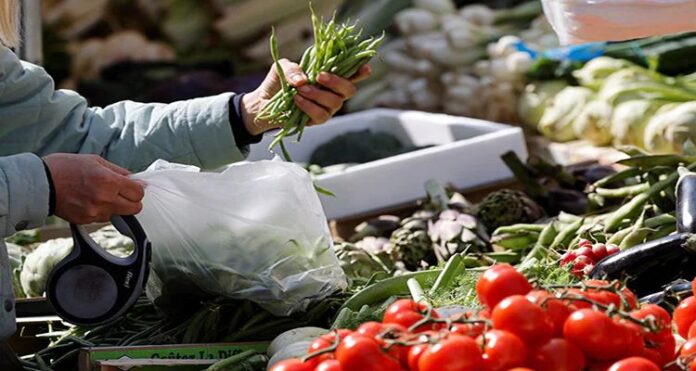| Translate This News In |
|---|
Layla Ibrahim has reduced her daily meat consumption, not as a health fad, but as a result of Lebanon’s bruising economic crisis. “I used to eat a slice of meat, chicken, or fish every day,” the 44-year-old mother of two told AFP. “I’ve almost become a vegetarian out of necessity rather than choice,” she added. Lebanon is dealing with an unprecedented financial crisis, according to the World Bank, on a scale usually associated with full-fledged wars. On the black market, the currency has lost more than 90% of its value, more than 80% of the population lives in poverty, and prices have skyrocketed.
Imported red meat has more than fivefold increased in price, with some cuts costing more than the monthly minimum wage of 675,000 Lebanese pounds ($33).
As a result, dietary habits have shifted, and plant-based dishes, which are popular in Lebanon’s Mediterranean cuisine, are now a main course in many homes.
Meat is only served once a week to Ibrahim and her family, and even then in small portions.
“We began using smaller amounts of minced meat in stuffings and stews,” Ibrahim explained.
“Even the family barbecue on Sunday has been cancelled.”
item of high quality
Customers are opting for poultry or grain as a cheaper alternative, according to Nabil Fahed, head of the supermarket owners syndicate.
Chicken is nearly three times less expensive than beef, selling for around 120,000 pounds ($5) per kilo.
According to Fahed, demand for red meat has dropped since the government removed subsidies on certain food imports in March 2021.
Sales in large supermarkets fell by around 70%, and the drop is even steeper in popular markets frequented by low income individuals, he said.
Nancy Awada, a Beirut municipality food inspector, has noticed a change in supply.


















